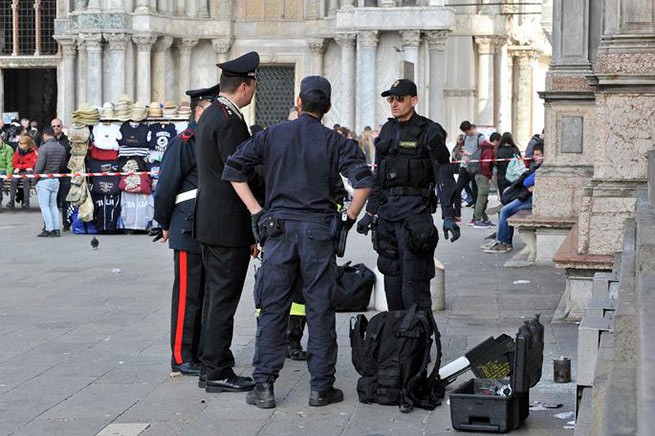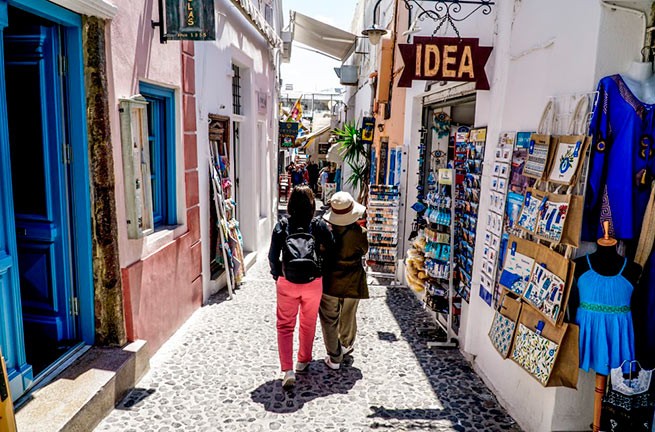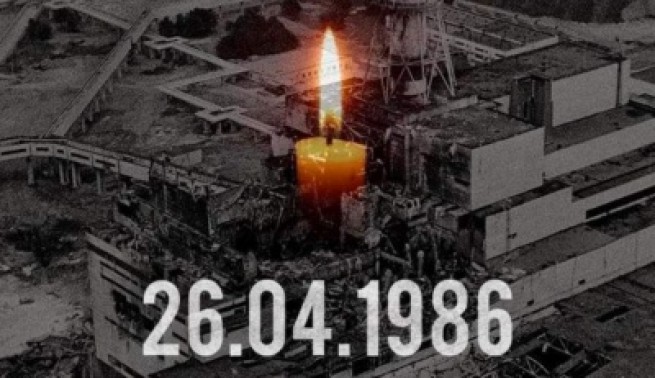100 days have passed since the start Russian invasion of Ukraine the war of attrition is in full swing, but Putin’s funds are growing every day! Eight hundred million dollars a day is spent on the war.
So much, if not more, enters the treasury of the “gas station country” every day. Because this is Russia: “a huge supermarket that sells what an insatiable world needs: not only energy, but also wheat, nickel, aluminum and palladium,” Bloomberg aptly wrote.
According to the International Energy Agency, the Kremlin’s revenues from oil exports alone are up 50% year-over-year. In the first quarter of the year, the profits of the Russian oil giants rose to the highest level in a decade.
At the same time, the export of Russian grains continues in the same volume and at record prices. After all, no one is even discussing the imposition of sanctions on Russian wheat, because the third world countries will starve.
Thus, it is no coincidence that Russia’s current account surplus more than tripled in the first four months of the year to nearly $96 billion. This is the biggest surplus in 30 years!
Putin’s “supermarket” will, of course, suffer from the consequences of the EU’s two-stage embargo on Russian oil, but not as much as we imagine. According to the American CNBC, “Russian oil is still finding buyers, at least for now, as it trades at a large discount compared to Brent” – Russian Urals is about $34 cheaper than North Sea oil. According to KPLERto India and China more oil is already being flown than ever before.
Hundreds of Western companies have already left Russia, and the economy, according to Western analysts, has plunged into recession, at least until 2024. But Putin is rubbing his hands as raw material revenues continue to rise and supply cuts drive up prices.
According to Bloomberg Economics, despite the introduced EU embargo, Moscow’s oil and gas revenues will exceed $285 billion this year. This is an increase of at least 20% compared to last year.
EU countries, of course, are seeking to stop indirect financing of Putin’s war with the help of a partial embargo on Russia, but the consequences seem to affect Europeans more – businesses and households.
The opinion of the author may not reflect the opinion of the editors






More Stories
“Anytime, anywhere” – the US does not limit the use of ATACMS missiles transferred to Ukraine (video)
Poland is ready to assist Ukraine in the return of draft dodgers
First negotiations between Ukraine and the Russian Federation on displaced children (video)